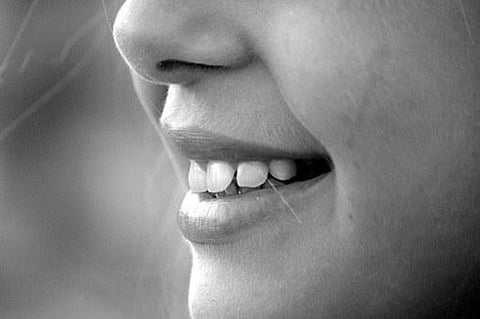
- Home
- न्यूजग्राम
- NewsGram USA
- India
- World
- Politics
- Entertainment
- Culture
- Lifestyle
- Economy
- Sports
- Sp. Coverage
- Misc.
- NewsGram Exclusive
- Jobs / Internships

You may be at an increased risk of diabetes if you are not taking care of your dental health, warns a new study which suggests that dental examination may provide a way to identify the risk for developing the disease.
"We found a progressive positive relationship between worsening glucose tolerance and the number of missing teeth," said lead author Raynald Samoa from the City of Hope National Medical Center in Duarte, California.
Poor dental health can increase the risk of diabetes. Wikimedia Commons
For the study, presented at the ENDO 2018: The Endocrine Society's 100th Annual Meeting and Expo, researchers reviewed the records of 9,670 adults with 20 years of age and above who were examined by dentists during the 2009-2014 National Health and Nutrition Examination Survey.
They analysed their reported body mass index (BMI) and glucose tolerance states by fasting plasma glucose, two-hour post-challenge plasma glucose, hemoglobin A1c (HbA1c), established diabetes and whether the condition was treated with oral agents or insulin.
Also Read: Night Shifts May Raise Risk Of Diabetes
The researchers recorded the numbers of missing teeth due to caries, or cavities, and periodontal disease for individual patients. They also determined the relationship between glucose tolerance and dental condition by considering age, gender, racial and ethnic group, family history of diabetes, smoking status, alcohol consumption, education and poverty index.
The researchers found a progressive increase in the number of patients with missing teeth as glucose tolerance declined, from 45.57 per cent in the group with normal glucose tolerance (NGT), to 67.61 per cent in the group with abnormal glucose tolerance (AGT), to 82.87 per cent in the group with diabetes mellitus (DM).
The risk of diabetes is connected to dental health via glucose tolerance.
The differences in the average number of missing teeth among the three glucose tolerance groups were significant: 2.26 in the NGT group, 4.41 in the AGT group and 6.80 in those with DM, the researchers noted. IANS
